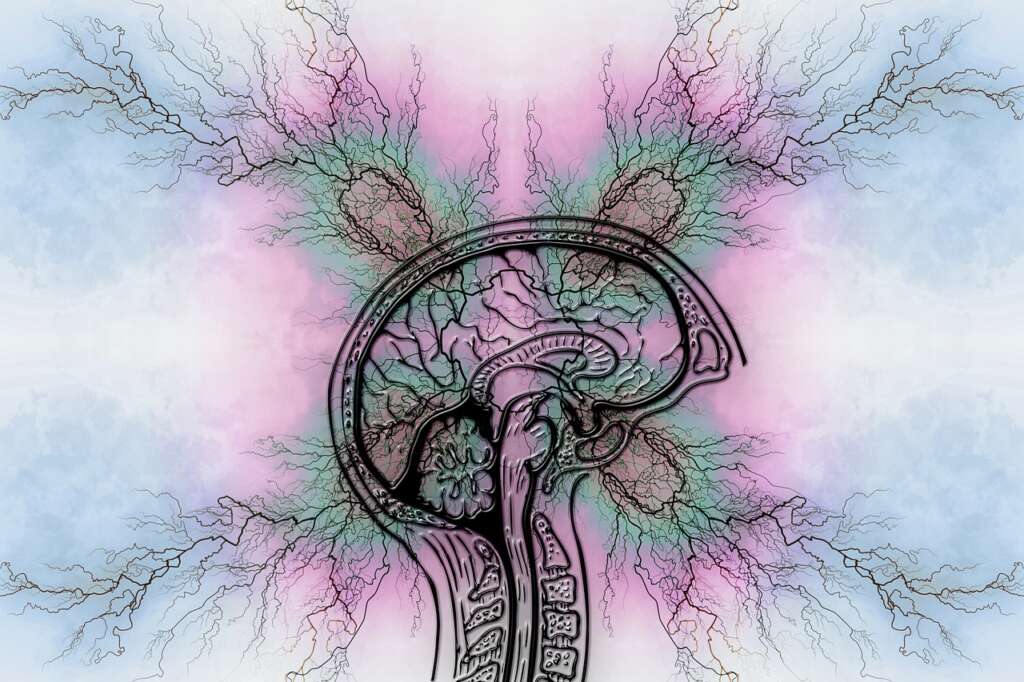SPOILER ALERT!
~ The insular cortex helps us become aware of our internal sensations, decide whether it is positive or negative, and take action accordingly like avoiding a specific place for example.
~ Activity of the insular cortex can trigger anxiety
~ Dysfunction of the insular cortex can result in PTSD, GAD, and PD
~ Hyperactive insular cortex is associated with social anxiety through the triggering of negative emotions related to social interactions.
The role of the insular cortex
The insular cortex is a brain structure folded deep within the frontal, parietal and temporal lobes. It has attracted attention in anxiety research because of its connectivity with other brain regions and its many functions. Particularly, it is involved in interoception (i.e., sense that helps you understand and feel what is going on inside your body such as feeling your heartbeat, experiencing pain or nausea, etc…), valence assessment of external and internal stimuli (i.e., whether something that you are feeling or experiencing is positive or negative such as flavor, pain, social touch etc…), salience detection (i.e., affecting behavior by triggering attraction or avoidance), and decision-making under uncertainty.
Altered function in the insular cortex linked to anxiety
Altered function and volume of the insula for example are associated with exaggerated focus on internal states leading to increased prediction of future unpleasant physical states, which in turn triggers anxiety, worry and avoidance. Those dysfunctions are present in the brains of patients with generalized anxiety disorder (GAD), panic disorder (PD), post-traumatic stress disorder (PTSD) and social phobia.
Similarly, MRI studies show hyperactivity of the insular cortex in social anxiety, which has been linked with excessive processing of negative feelings. Social anxiety is marked by overly negative thoughts related to social situations, which in turn trigger symptoms of nervousness like blushing further increasing the negative thoughts.
Seeking to investigate the role of the insula in the pathophysiology (i.e., how a disease comes about) of this disorder, the current study supports previous findings by showing decreased volume of the insular cortex in patients with social anxiety as well as hyperactivity. Thus the authors remark that treatments targeting insular dysfunctions are expected to yield positive results in social anxiety.
Reference:
Kawaguchi A, Nemoto K, Nakaaki S, Kawaguchi T, Kan H, Arai N, Shiraishi N, Hashimoto N, and Akechi T.(2016). Insular Volume Reduction in Patients with Social Anxiety Disorder. Front Psychiatry 7(3) doi: 10.3389/fpsyt.2016.00003.
Ggolla, N. (2017).The insular Cortex. Current Biology 27(12), 580-586. https://doi.org/10.1016/j.cub.2017.05.010

